Paris & IESA
The Second Chapter of Your MAGMa Journey
In Paris, the cultural heart of Europe, you will continue your academic adventure in a city that has long been synonymous with art, culture, and intellectual exchange. Paris is a global nexus for art markets, museum institutions, and heritage policy, making it the ideal place to critically examine the roles of art collections, explore the complexities of art law, and understand the challenges of preserving cultural heritage in an increasingly globalised world.
At IESA Arts & Culture, you will engage deeply with the concepts that shape cultural heritage in the 21st century. The core courses, including Emerging Art Markets, Art Law, and From Private Collection to Public Museum, will broaden your understanding of how collections evolve and how cultural institutions navigate both tradition and innovation. You will also have the opportunity to specialise in Cultural Heritage of the Future, focusing on the pressing issues of sustainability and corporate social responsibility in cultural management. As you work alongside world-class academics and professionals, Paris will offer you a hands-on, immersive experience that connects theory with practice.
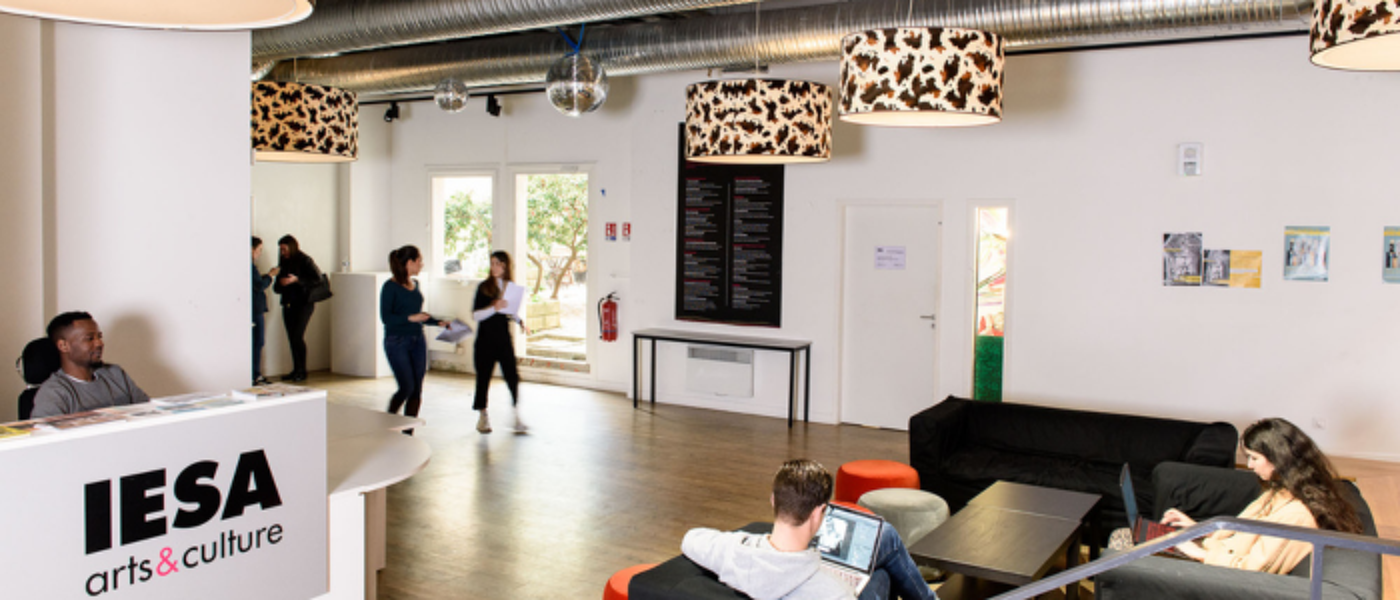
About IESA
Founded in 1985, IESA Arts & Culture is a premier private institution in Paris dedicated to education in the art market, cultural events management, and multimedia. Recognised by the French Ministry of Culture and Communication, IESA offers a dynamic academic environment that fosters the skills necessary for success in today’s interconnected art world.
- Modern Facilities & Study Areas: IESA’s campus at 1 Cité Griset, Paris, features contemporary lecture halls and seminar rooms designed to facilitate interactive learning. The institution provides dedicated study areas and is equipped with Wi-Fi throughout the campus, as well as an on-site gallery.
- Cafeterias & Dining: While IESA does not have on-site dining facilities, its central location in the 11th arrondissement offers students a wide array of nearby cafés and restaurants catering to diverse tastes and budgets.
- Library: By the time the Class of 2027 reach Paris, IESA's new campus, Le Delta, will boast a 40,000-book library with a full-time librarian and attic space listed as a historic monument.
- Student Card: In your first week, you will receive a student card, which is essential for accessing campus facilities, borrowing library materials, and also provides eligibility for student discounts at various cultural institutions and events throughout Paris.
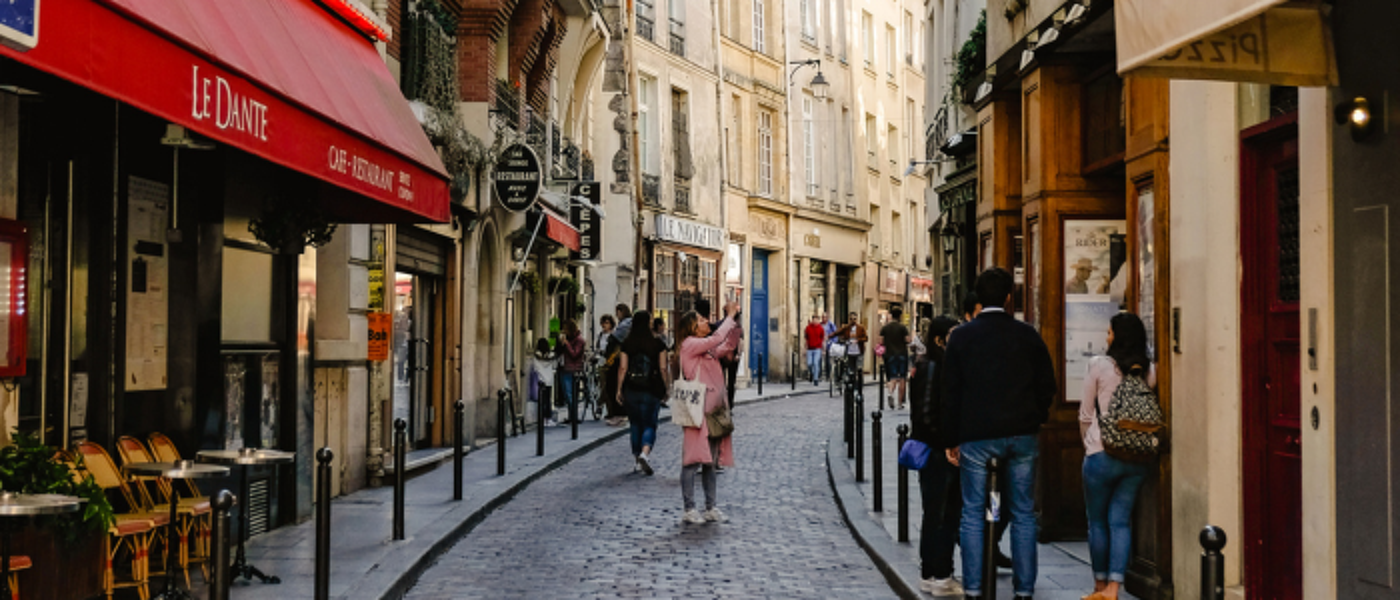
Private Accommodation
All IESA students live in private accommodation across Paris. Thanks to the city's extensive metro network, many choose to reside on the outskirts to reduce rental costs. You can explore private accommodation options on the following websites:
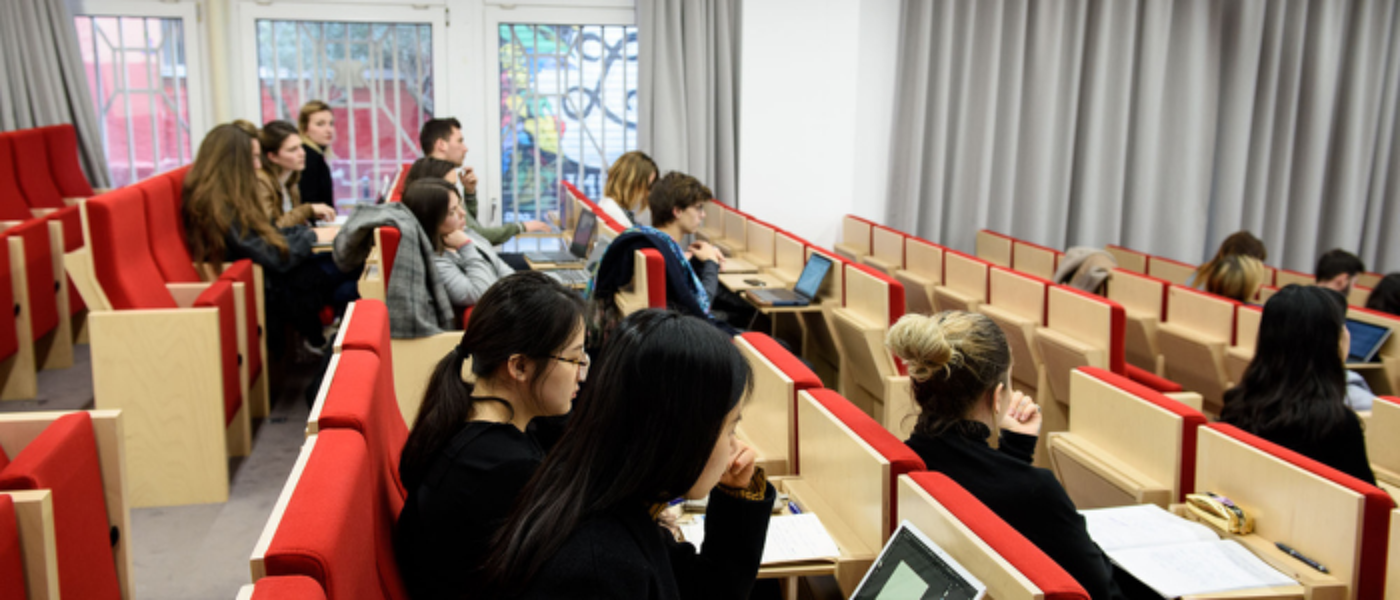
Learning French
While many people in Paris speak English, proficiency in French will enhance your experience both academically and socially. IESA offers language courses that can be taken during your second semester in Paris, with options for all levels of proficiency.
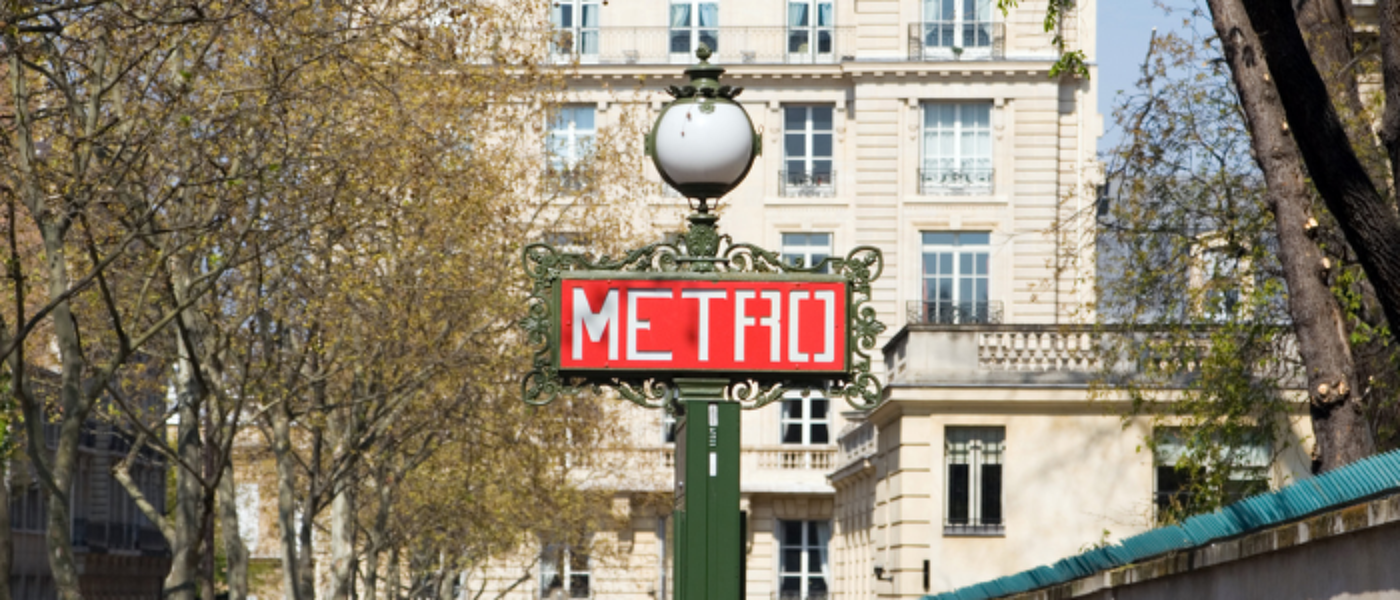
Public Transport
Paris has an extensive and well-connected public transport system, making it easy to navigate the city efficiently.
Metro: The Paris Métro is the fastest and most convenient way to travel across the city, with 16 lines covering central Paris and its outskirts. The nearest station to IESA is Pyramides (Line 7, Line 14), providing quick access to key cultural and academic areas.
Buses and Trams: The city’s extensive bus and tram networks, operated by RATP, offer additional transport options, connecting areas not directly served by the Métro and providing scenic routes through Paris.
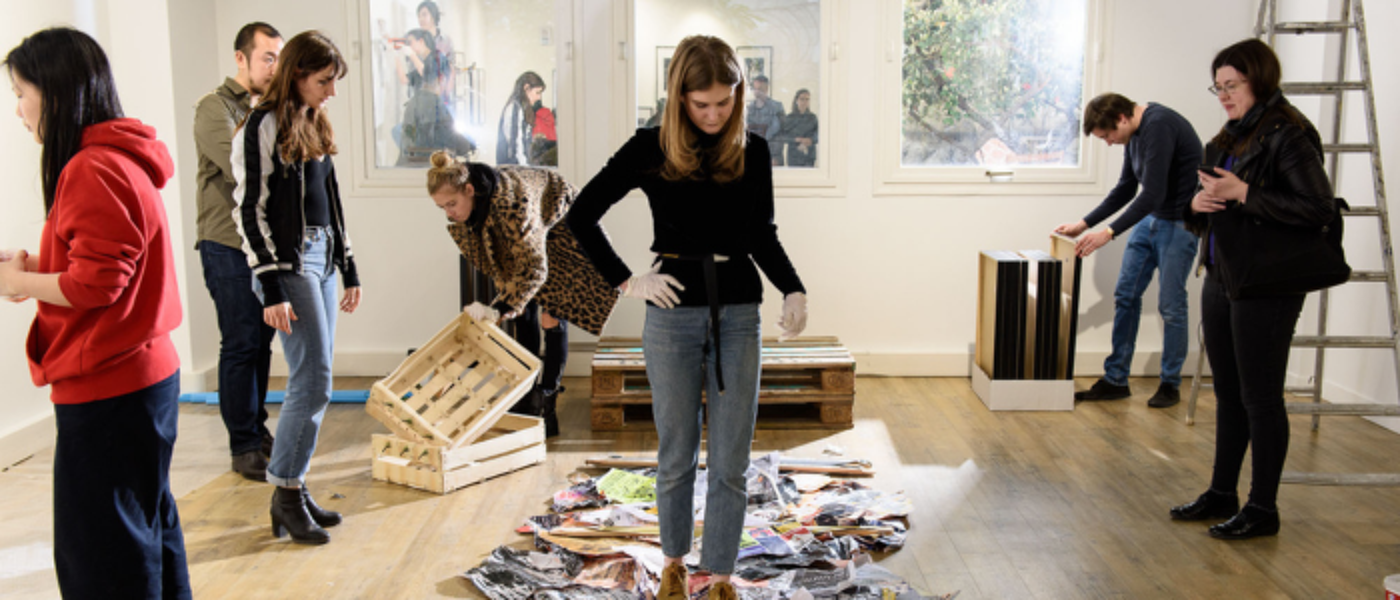
Student Support at IESA
IESA is committed to ensuring the success and well-being of its students, providing a range of support services designed to help you thrive throughout your studies.
- Social Support & Wellbeing: Information TBC.
- Special Needs Support: Information TBC.
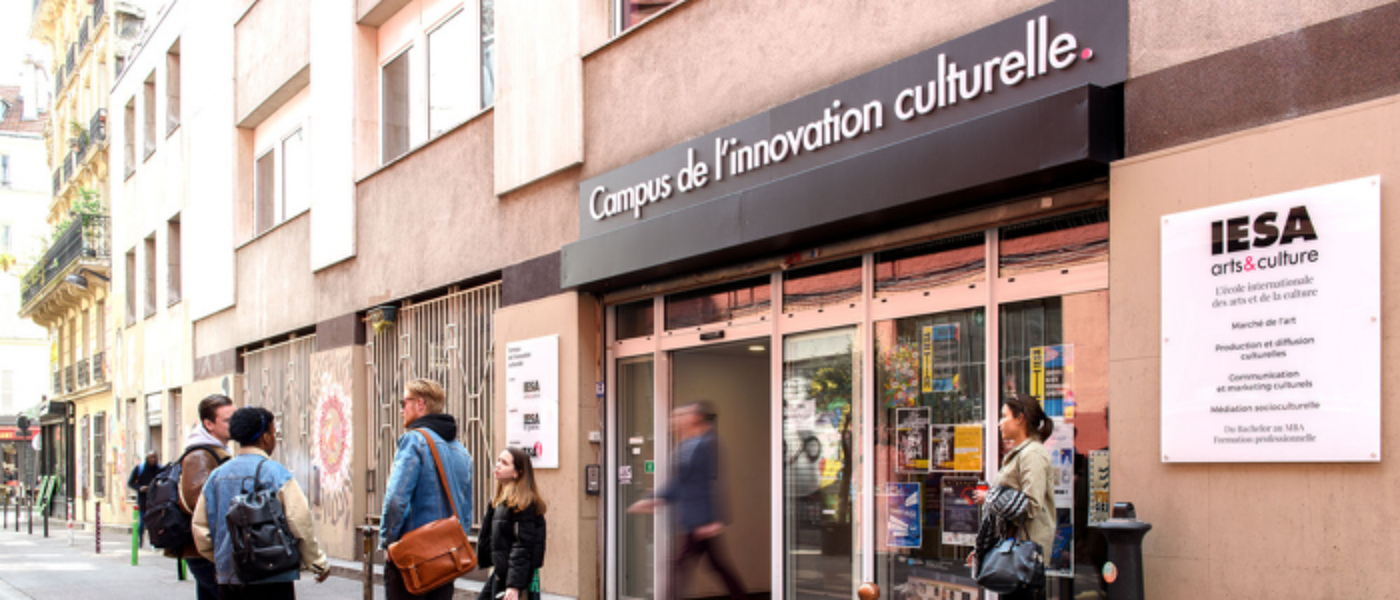
Visa Requirements
- Students who are citizens of EU countries do not require a visa to study in France.
- Students from outside the European Union (EU) and European Economic Area (EEA) must obtain a study visa (also known as a 'long-stay visa' or 'VLS-TS') before entering France.
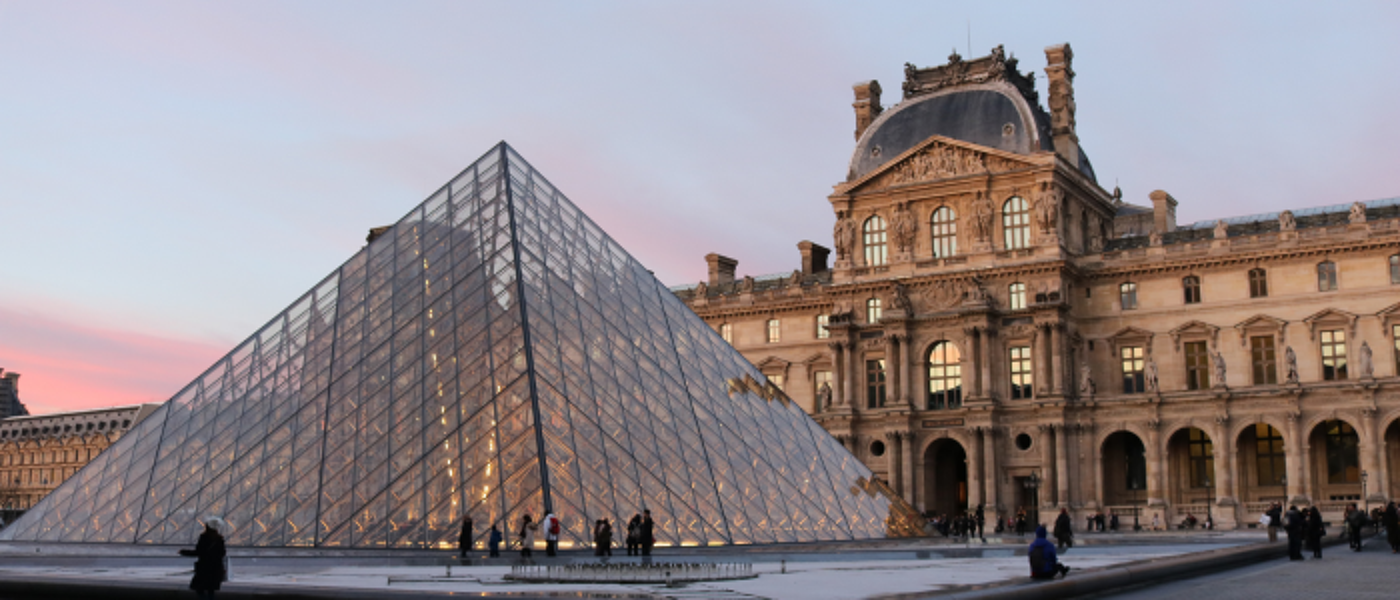
Healthcare & Emergencies
- Health risks in France are minimal, with the country maintaining high standards of public health and hygiene. Tap water is safe to drink, and dining establishments adhere to rigorous health and safety regulations.
- As with any international travel, it is advisable to carry a copy of your health insurance certificate or European Health Insurance Card (EHIC) to ensure access to necessary healthcare services during your stay.
- France offers public healthcare to residents, including international students who are registered in the country. Be sure to register with the French social security system upon arrival. Private healthcare is also available, and students can purchase additional health insurance for extra coverage. IESA can assist with guidance on healthcare registration and options for private insurance.
- The closest hospitals to IESA are Hôpital Cochin and Hôpital Saint-Antoine, both accessible by public transport and taxis.
- For medical emergencies, and police and fire departments, call 112.
- Note on Safety: While Paris is a generally safe city, pickpocketing is a common issue, particularly in crowded tourist areas and on public transport. Stay alert, keep valuables secure, and be cautious in busy places.

